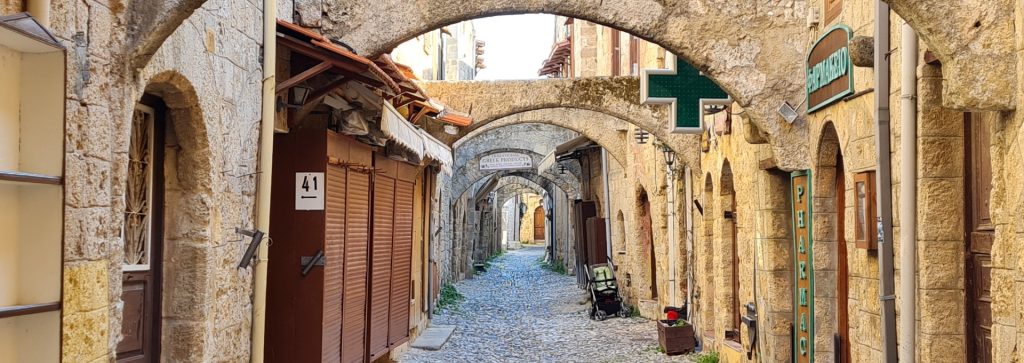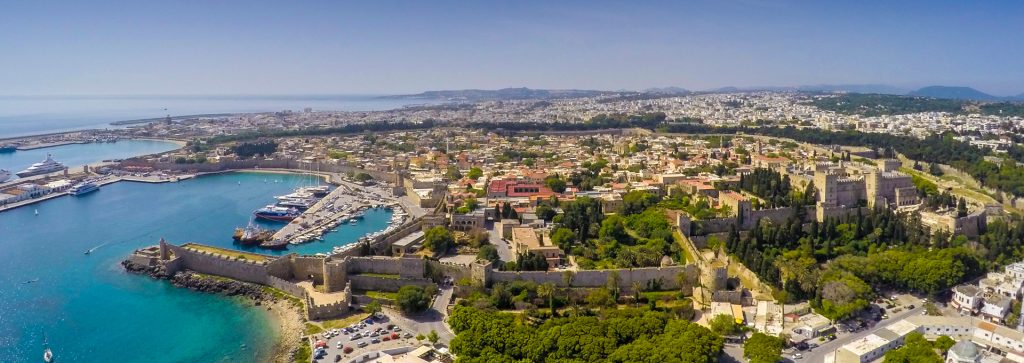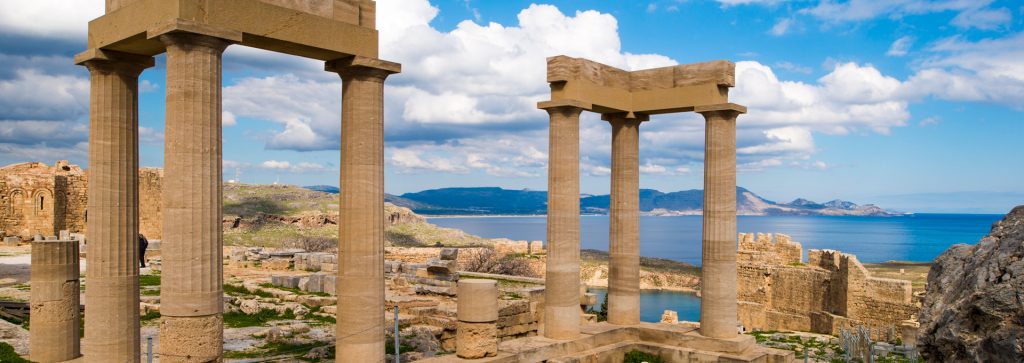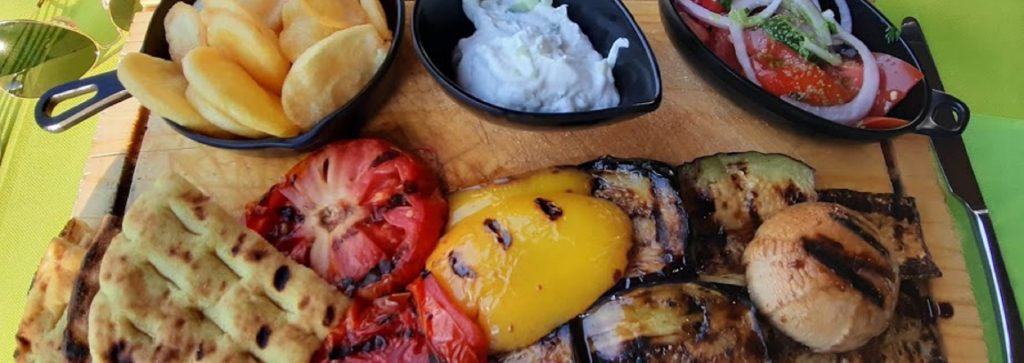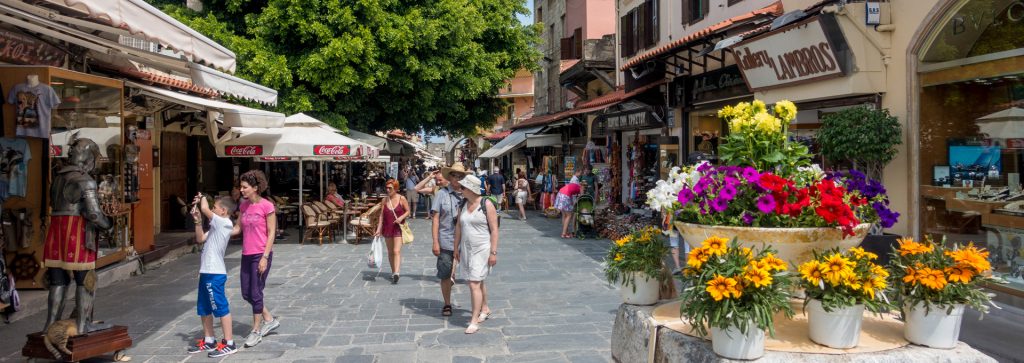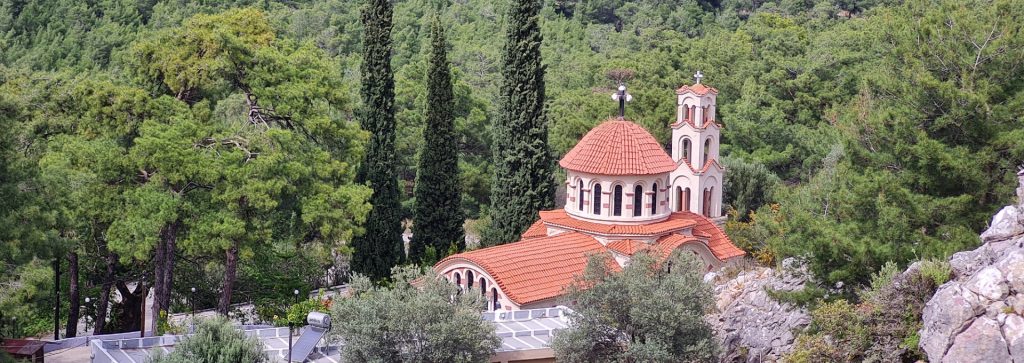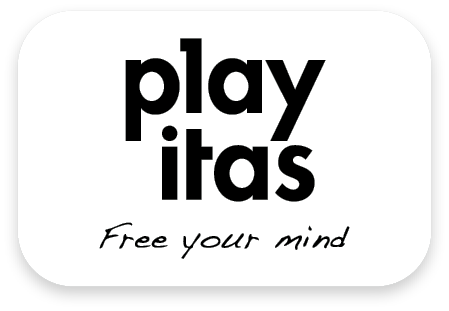Of patriarchs and priests, martyrs and icons
Origin
Christianity came to Greece very early through the missionary apostle Paul in the 1st century AD, which was then part of the Roman Empire. After the division of the Roman Empire, Greece came under Constantinople. Around 1000 AD, the quarrel between the eastern communities and Rome, which had been simmering up until then, led to a rupture. The Orthodox Church split off from the Roman Catholic.
principle
The veneration of Mary as well as the veneration of countless martyrs and the worship of icons play an important role within the Orthodox communities. In the worship service the believers are not exhorted to a good way of life, as is the case with the Catholics or Protestants, but the point is to praise the saints and God. The quarrel with the Catholics sparked at that time mainly on the question of from whom the Holy Spirit emanates. For the Orthodox, this only starts from God, while for the Catholics it also starts from Jesus.
Feasts
The most important festival in Greece is Easter, which according to the Orthodox calendar is not celebrated at the same time as our Easter festival. In addition to Christmas, which is also of central importance, numerous other church festivals are celebrated. In the family area, not only the birthday, but above all the name day is celebrated.
Church positions
The Orthodox Church is strictly hierarchical. Priests and deacons must decide before their ordination: either they marry or they become a monk. However, most decide to marry and start a family. Monks and bishops are not allowed to marry. The bishops, all of equal rank, elect their head, the archbishop of Athens. The church leaders were significantly involved in the politics of the 20th century. To this day, every change of government is accompanied by a trade fair.
Political influence
Politics has a long tradition in the Greek Church: when Greece was still part of the Ottoman Empire, the Church had special rights. The church leaders were materially well off, and their influence on the people was great. The church also used its strong position to strengthen the Greek national consciousness and to maintain the cultural heritage. The separation of church and state began late and is not yet quite perfect. For example, until 1982 it was not possible to get married in a civil ceremony and not in church.
However, the PASOK government passed some laws against the opposition of the church, which significantly reduced its influence. The dispute between church and state also broke out again with the Simitis government. Against the bitter ecclesiastical resistance, the Greek government pushed through that the religious affiliation is no longer entered in the ID card, it is now regarded as a private matter and therefore has no place in the passport.
Church and Society
Over 95% of the population belong to the Orthodox Church. Church resignations are still rare and no church tax has to be paid. In many parishes, the priest sits in the kafenion playing tavli in the evenings and watches over the morale of his sheep with gossip. Although the gentlemen in their long, black robes and their pigtails are treated with respect everywhere, their influence on everyday life is decreasing more and more. But that does not mean that church holidays are no longer celebrated or that candles and incense are no longer lit in churches. The decorated icon and the oil lamp are still in every house, even if the virginity of the unwed daughter is not always as good as in previous years.

